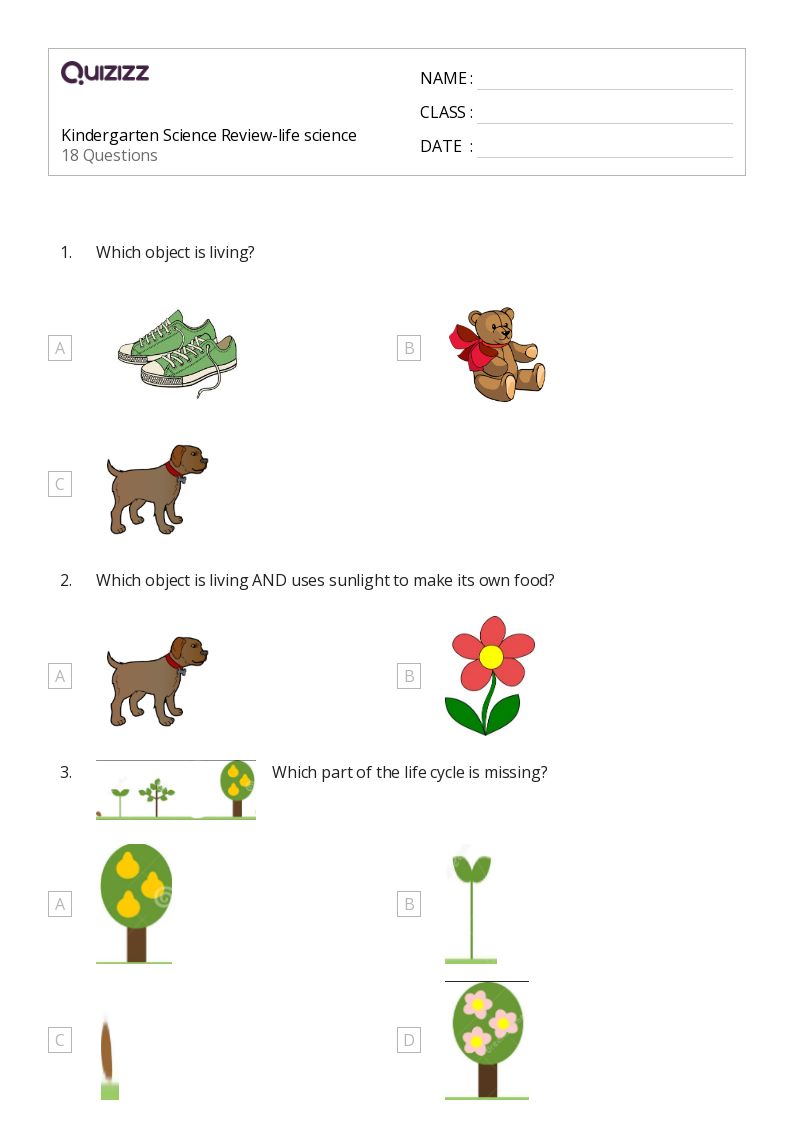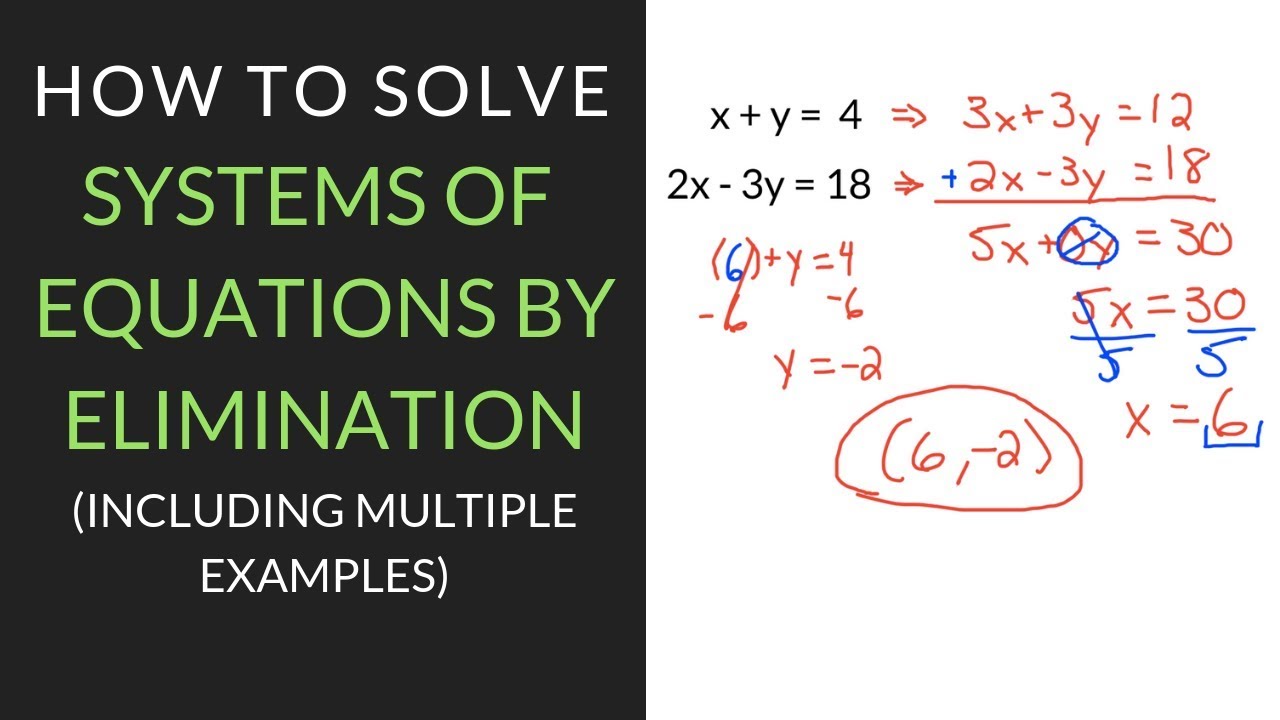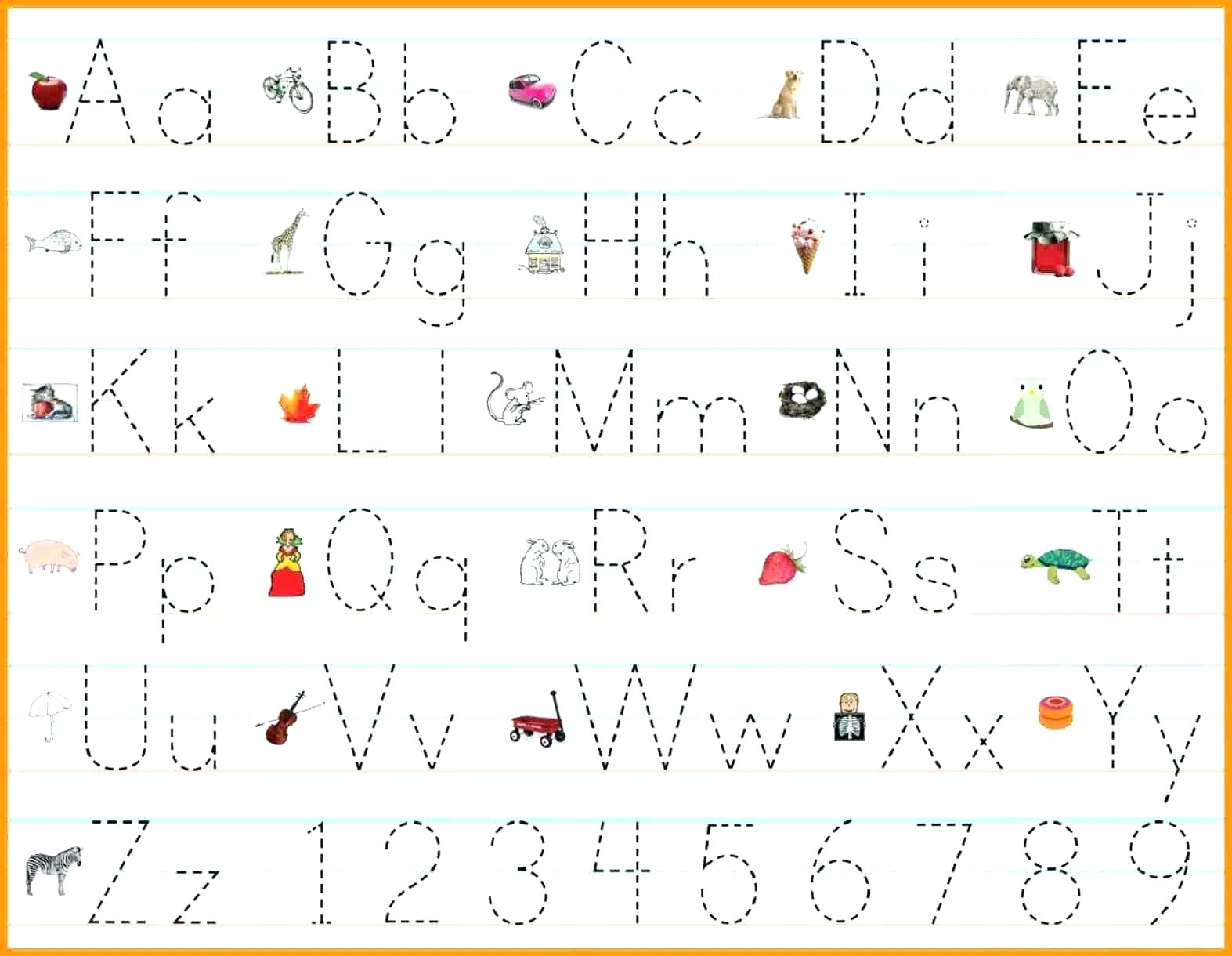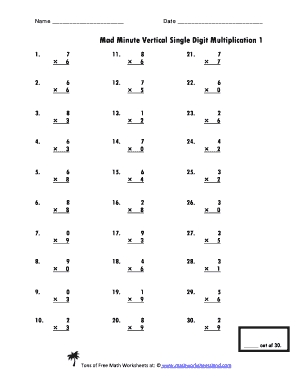7 Ways to Master Subject and Predicate Worksheets
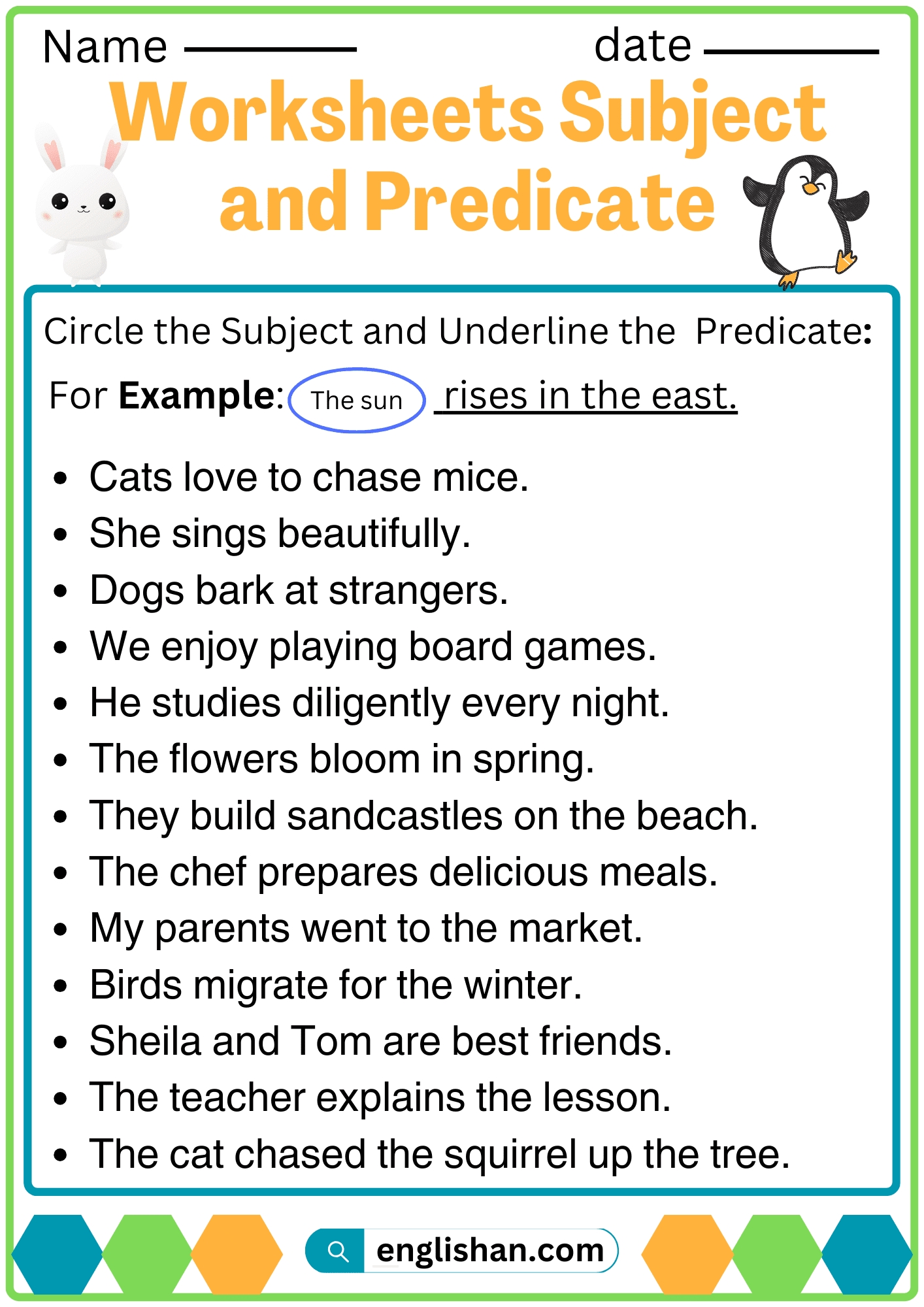
Understanding the Basics of Subject and Predicate
In English grammar, a sentence is composed of two main parts: the subject and the predicate. The subject is the person, place, thing, or idea that the sentence is about, while the predicate is the part of the sentence that tells us something about the subject. To master subject and predicate worksheets, it’s essential to have a solid understanding of these two concepts.
1. Identify the Subject
To identify the subject of a sentence, ask yourself who or what the sentence is about. Look for nouns, pronouns, or phrases that function as a noun. The subject can be a single word or a phrase.
- Examples:
- In the sentence “The dog runs quickly,” the subject is “the dog.”
- In the sentence “The big, red car is mine,” the subject is “the big, red car.”
📝 Note: The subject can be a noun, pronoun, or a phrase that functions as a noun.
2. Identify the Predicate
The predicate is the part of the sentence that tells us something about the subject. It includes the verb and any objects, modifiers, or other elements that describe the subject.
- Examples:
- In the sentence “The dog runs quickly,” the predicate is “runs quickly.”
- In the sentence “The big, red car is mine,” the predicate is “is mine.”
📝 Note: The predicate can include a verb, objects, modifiers, or other elements that describe the subject.
3. Determine the Type of Sentence
Sentences can be classified into four types: simple, compound, complex, and compound-complex. Understanding the type of sentence can help you identify the subject and predicate.
- Simple Sentence: A simple sentence has one independent clause, with a single subject and predicate.
- Compound Sentence: A compound sentence has two or more independent clauses joined by a conjunction.
- Complex Sentence: A complex sentence has one independent clause and one or more dependent clauses.
- Compound-Complex Sentence: A compound-complex sentence has two or more independent clauses and one or more dependent clauses.
4. Use Clauses to Identify the Subject and Predicate
Clauses are groups of words that contain a subject and predicate. Independent clauses can stand alone as complete sentences, while dependent clauses cannot.
- Independent Clause: An independent clause has a subject and predicate and can stand alone as a complete sentence.
- Dependent Clause: A dependent clause has a subject and predicate but cannot stand alone as a complete sentence.
📝 Note: Clauses can help you identify the subject and predicate in complex sentences.
5. Practice with Worksheets
Practice is key to mastering subject and predicate worksheets. Look for worksheets that provide a variety of sentences and ask you to identify the subject and predicate.
- Examples:
- Complete the following sentences by identifying the subject and predicate:
- The cat _______________ (subject) _______________ (predicate).
- The big, red car _______________ (subject) _______________ (predicate).
- Complete the following sentences by identifying the subject and predicate:
6. Use Visual Aids
Visual aids such as diagrams and charts can help you understand the relationship between the subject and predicate.
- Venn Diagrams: Use Venn diagrams to identify the subject and predicate in complex sentences.
- Flowcharts: Use flowcharts to identify the type of sentence and determine the subject and predicate.
7. Review and Refresh
Finally, review and refresh your knowledge of subject and predicate regularly. Practice with worksheets and visual aids to reinforce your understanding.
📝 Note: Reviewing and refreshing your knowledge regularly can help you master subject and predicate worksheets.
In summary, mastering subject and predicate worksheets requires a solid understanding of the basics, identifying the subject and predicate, determining the type of sentence, using clauses, practicing with worksheets, using visual aids, and reviewing and refreshing your knowledge regularly.
What is the difference between a subject and a predicate?
+The subject is the person, place, thing, or idea that the sentence is about, while the predicate is the part of the sentence that tells us something about the subject.
How do I identify the subject and predicate in a sentence?
+Look for nouns, pronouns, or phrases that function as a noun to identify the subject. Look for the verb and any objects, modifiers, or other elements that describe the subject to identify the predicate.
What are the four types of sentences?
+The four types of sentences are simple, compound, complex, and compound-complex.
